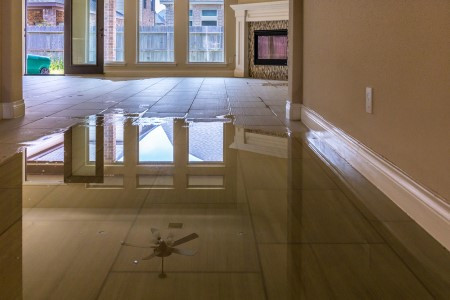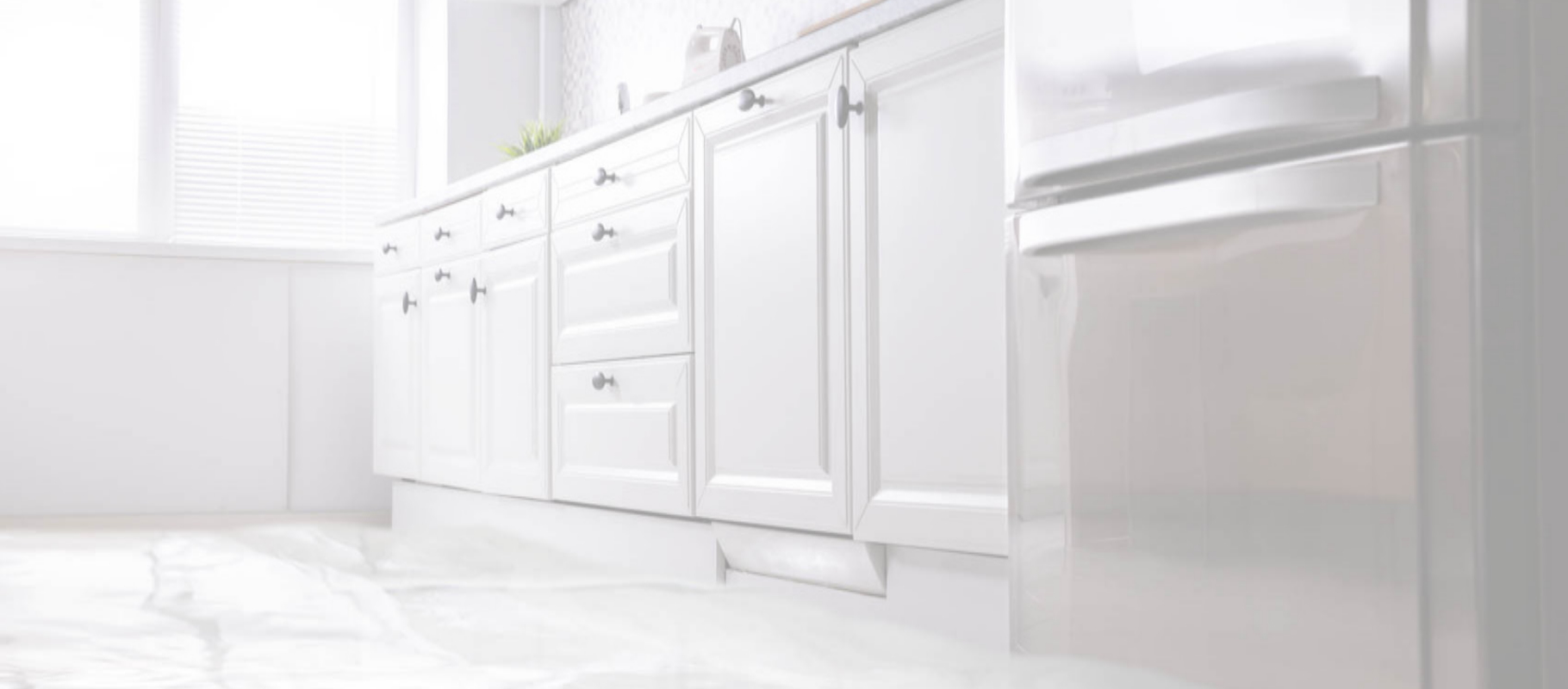24/7
Emergency Services
We Work Directly
With Your Insurance Company
We Help
Save You Money
Air Conditioner Leaks: What Connecticut Homeowners Need To Know

The summer and early fall months in Connecticut can be the most hot and humid of the year. To keep you comfortable indoors, your air conditioning units will be working hard. In addition to temperature, your HVAC also controls the humidity levels within your home.
Your air conditioner works by cooling down evaporator coils. As the warm air from your home passes over the cold evaporator coils, it condenses, becoming cooler and less humid. A by-product of this process is moisture. The moisture produced by your air conditioner typically collects in a drain or drip pan, and then leaves your home through a condensate drain line.
When issues occur within this simple plumbing system, Connecticut homeowners may be faced with messy, damaging leaks. In this article, we will explain the potential sources of air conditioner leaks, and what you need to do about them in order to protect your home and family this summer.
What Are the Most Common Causes of Air Conditioner Leaks?
Since your air conditioning system has several parts, there are several ways that failures can occur and leaks can result. Here are five of the most common:
- A leaking drip or drain pan
- A clogged or leaking condensate drain lines
- An overflowing or overwhelmed pan or line
- A damaged evaporator coil
- A broken condensate pump
Each of these issues are simple to fix, but it’s important to catch them early. You may spot them by checking the elements you can see, like the drip pan, or you may see water coming from the area near your drip pan, or from the walls or ceilings where the drain lines run. Like all other forms of water damage, don’t ignore it - waiting too long to deal with these leaks can cause extensive and expensive damage.
Should I Turn My Air Conditioner Off If It’s Leaking?
If your air conditioner is leaking, the first thing you should do is turn it off. This will help prevent any further damage from occurring. A leak can cause damage to both your air conditioner components, and to your walls, ceilings, flooring, furniture, and other possessions. Once your air conditioner is turned off, the next step is to get help with assessing the damage, repairing the unit, and restoring your home.
Who Should I Call For Help With An Air Conditioner Leak and Any Water Damage Repair?
In order to fix the leak coming from your air conditioner, you need to call your preferred HVAC (heating, ventilation, and air conditioning) repair company. It’s good to have an established relationship with a company who services your units regularly and can respond quickly to stop leaks.
After the leak has been repaired, a water damage restoration and mold remediation contractor should be your next call. At Riverside Restoration, we know how to safely and completely restore your home, protecting both your investment and your family’s health. As water damage can grow and get worse with time, it’s important that we are able to start helping you right away.
Can a leaking Air Conditioner Lead to Mold?
Almost any form of moisture, including from a leaking air conditioner, can lead to mold and mildew in your home. If you notice mold growing near your air conditioner or drain line locations, it’s important to have the unit inspected and repaired by a professional. It only takes 24 hours for mold to start growing - even a few days of ignoring a leak can lead to a dangerous, expensive mess. Mold and mildew remediation should only be done by a contractor with the experience and knowledge needed to keep your home safe.
Don’t Let A Leak Drip All Over Your Summer Fun
It’s easy to keep your family cool, comfortable and safe this summer: Have your air conditioner serviced regularly, check critical areas frequently for leaks, and make sure you know who to call for help with water damage. If you need help with an AC leak, Riverside Restoration is ready to handle your entire project, from the initial removal of water and mold to the reconstruction phase. We are happy to partner with Westport homeowners (and their insurance agents) to get everything back to normal as quickly and easily as possible.
Need Help with Restoration & Remediation?
Contact Riverside Restoration

